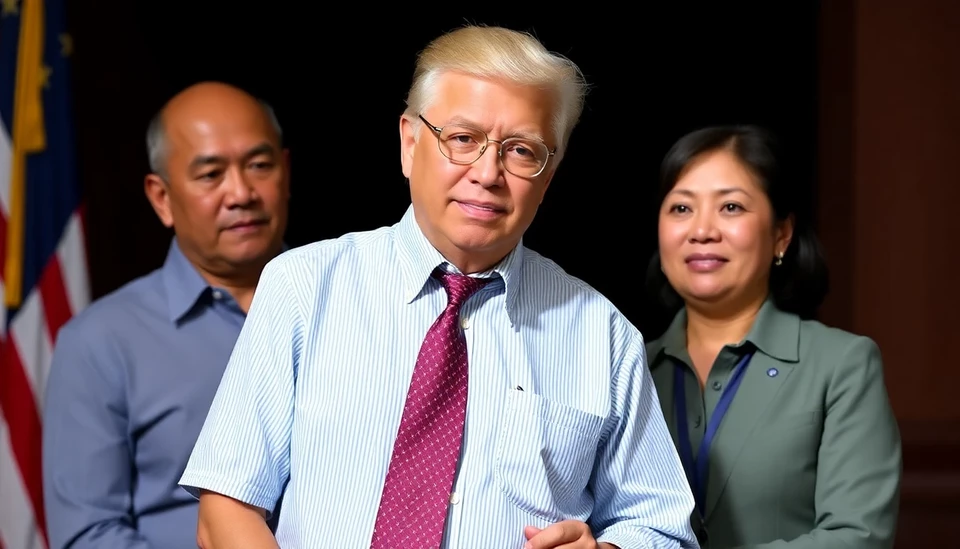
In a significant move that could reshape the Philippines' mining industry, lawmakers in the country are poised to approve a legislative bill aimed at prohibiting the export of unprocessed minerals, particularly ore. This strategic initiative, which aims to bolster domestic industries and maximize the value derived from local natural resources, has sparked debate across various sectors.
The bill is part of a broader strategy by the Philippine government to encourage local processing of minerals, thereby providing more jobs and generating greater tax revenues. By limiting ore exports, the national leadership believes that the country can reap more economic benefits rather than allowing raw materials to leave the country only to be processed elsewhere.
The lawmakers' push comes in response to longstanding criticism over the Philippines' reliance on exporting raw materials, which many argue stunts the growth of local industries and deprives the nation of potential economic gains. This legislation is anticipated to transform the mining landscape in the Philippines, which is rich in natural resources but has historically struggled to process these materials domestically.
Environmental advocates also support the bill, arguing that it could lead to more sustainable mining practices. By focusing on processing within the country, the government could impose stricter regulations and oversight, potentially mitigating the ecological damage often associated with mining operations. Proponents believe that this could result in a more sustainable model that benefits both the economy and the environment.
However, the bill has not been without its critics. Some stakeholders in the mining industry express concerns that the ban on ore exports could deter foreign investment, potentially leading to job losses and decreasing the competitiveness of the Philippines in the global mining sector. Industry representatives warn that the legislation may dissuade companies from investing in the local mining landscape, as the profitability of operations could be severely impacted by the restrictions on exportation.
Despite these concerns, lawmakers remain resolute, emphasizing the long-term benefits that the legislation could deliver. The government is also exploring additional measures to support affected industries, ensuring that the transition to an export ban is as smooth as possible. There are ongoing discussions about implementing support systems for mining companies willing to invest in local processing facilities, aiming to balance economic growth with environmental stewardship.
The bill's approval could signify a pivotal change in the Philippines' mining policies, positioning the country on a path toward greater self-reliance in its resource management. As the legislature prepares for a vote on the measure, all eyes are on the potential ramifications this decision may have on the economy, the environment, and the mining industry as a whole.
In conclusion, the proposed ban on ore exports could represent a transformative shift in how the Philippines leverages its mineral wealth. Lawmakers are not only taking steps to enhance local economic output but are also attempting to address pressing environmental concerns in a more comprehensive and sustainable manner.
#Philippines #MiningIndustry #OreExportBan #ResourceManagement #EconomicGrowth #SustainableMining
Author: Rachel Greene




